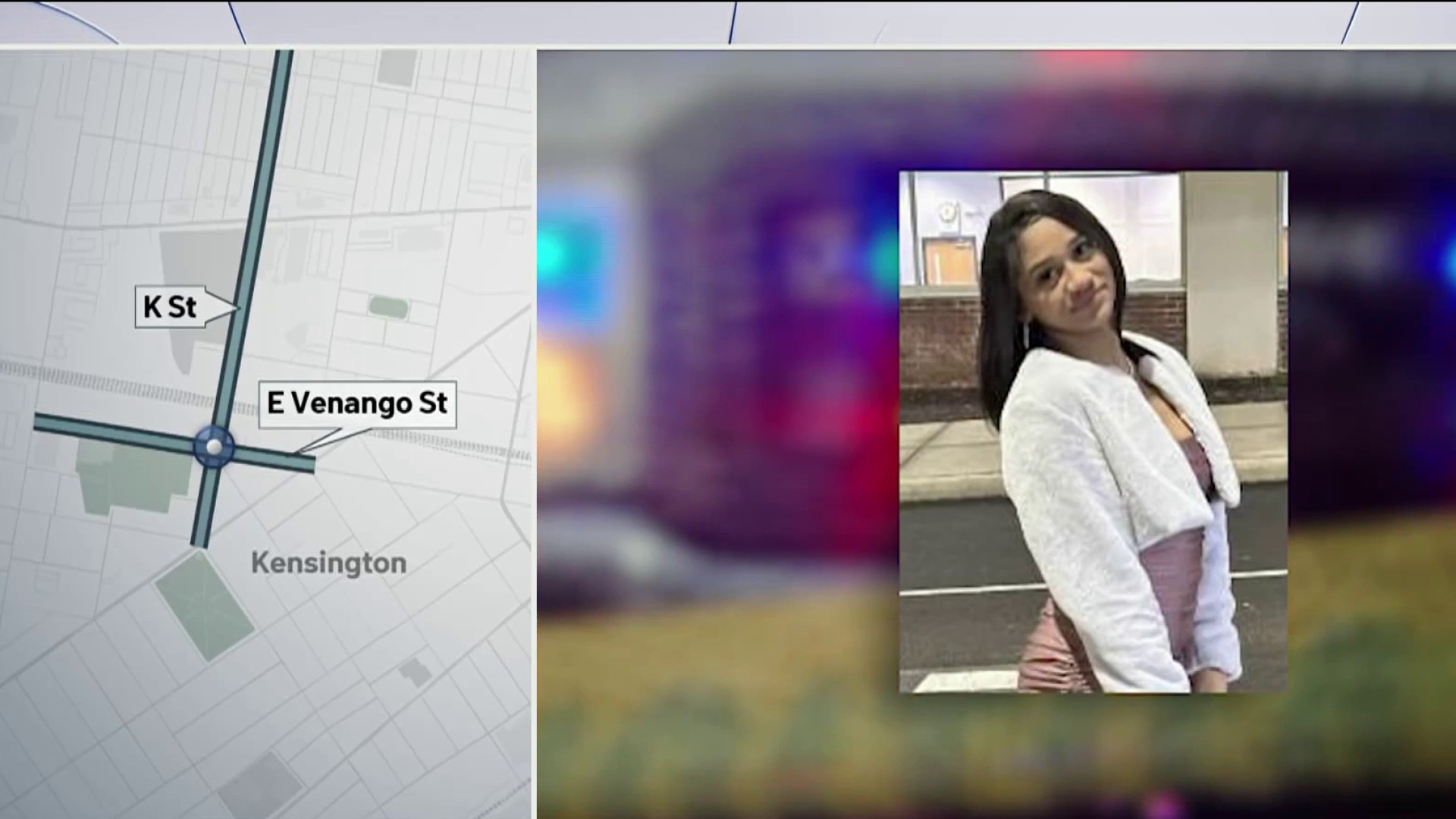With Rosh Hashana, the Jewish New Year, this week marks one of the busiest times of year for area synagogues.
Area cancer educators have been using this time to reach out to Jews of Eastern European descent, who may be at greater risk for certain cancers.
Many of Congregation Rodeph Shalom's 4,000 members came through its Broad Street synagogue this week to celebrate the holiday.
Dena Herrin, president of Rodeph Shalom, hopes that while congregants are visiting the synagogue they will learn about BRCA 1 and BRCA 2 gene mutations. Approximately one in 40 Jews of eastern European ancestry has this mutation, she said, and it can greatly increase one's risk for developing breast or ovarian cancer.
"This is an issue that dramatically impacts the Jewish population," Herrin said.
Because many Jews are unaware of the risk, she said, the synagogue has joined a new campaign of the Basser Research Center for BRCA at the University of Pennsylvania to encourage people to find out whether they may be at greater risk for the gene mutation.
The goal is to connect people, if appropriate, with genetic counseling and testing, according to Dr. Susan Domchek, center director.
Local
Breaking news and the stories that matter to your neighborhood.
"And if we know about these mutations, then we can do things to significantly reduce the risk of breast and ovarian cancer," she said.
Domchek's center has sent BRCA educational materials to more than 1,000 synagogues across the country.
While a service was going on upstairs this week, congregant Ilana Grubin talked about the death of her grandmother from ovarian cancer.
"My mom has been asking me to get tested for a while, she has really been pushing for it," Grubin said.
"I dunno, I'm sure at some point I will. Yeah."
A targeted campaign makes sense, so long as it's not marketed to the general population where the mutation is not common, said Dr. Jennifer Simmons, a director of breast cancer surgery at Einstein Medical Center.
"I am all in favor of raising awareness as long as you do it appropriately and don't insight more fear than is necessary," Simmons said.
Lauren Fein, another congregant at Rodeph Shalom, thought the information on the Basser Center's poster was scary, but she's still on board with the effort.
"If we participate in this, if we pay attention to these things, are we living better and longer?" she said.
"So maybe Rosh Hashana is a good time to do this."
Other genetic experts warn that being tested for the mutation without proper counseling may lead to misinterpreted results and bad advice.
That's a precaution also endorsed by the Basser Center.
"We're just ... advocating take a look at your family history, is there breast or ovarian cancer in your family, would this make any sense to you," Domchek said. "And if it does, then meet with somebody who knows about these issues – a genetic counselor or a physician to organize that testing."
The process of counseling is essential, Domchek said, "so that you understand what the medical options are and how you're going to make decisions about what's right for you."



